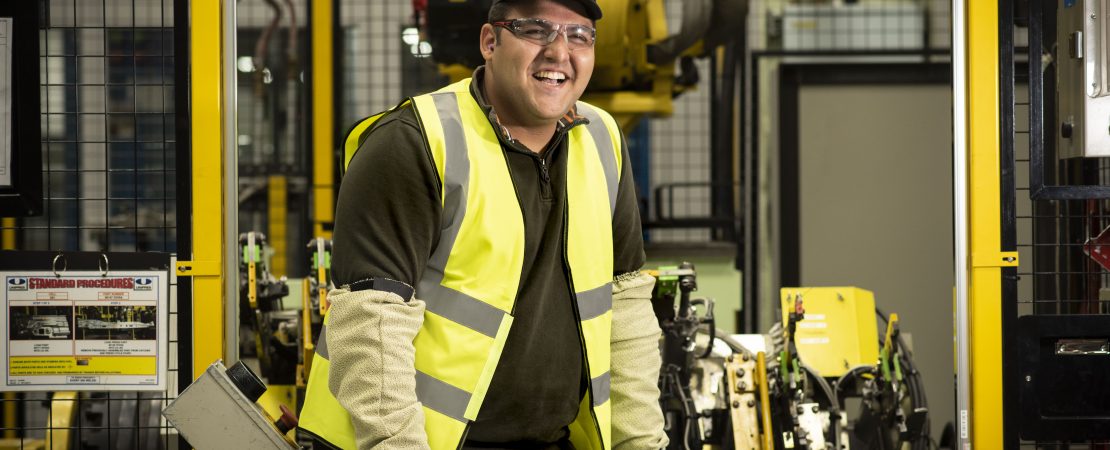
What does the North East need from the new Secretary of State for Education?
As the new Secretary of State for Education, Nadhim Zahawi, settles in to his role, Michelle Rainbow, Skills Director at the North East Local Enterprise Partnership (LEP), lays out what she would like to see from the government to help raise the level of skills in the North East.
The North East LEP works to help people of all ages – from primary pupils to older members of the workforce – improve their skills and achieve their potential.
As the government continues to push forward its Levelling Up agenda, skills must play a central role in building a stronger, more sustainable economy in our region, as we recover from the impact of the pandemic.
The North East LEP is in regular dialogue with government to make sure the region receives the support it needs. In particular, I want to highlight good quality careers guidance for all ages, technical education and apprenticeships, lifelong learning, and support for people facing digital exclusion, as areas of the utmost importance as we work to level up our region.
The effect that COVID-19 has had on the labour market, and changes brought by flexible contracts, the emerging green economy and the increasing need for digital skills, means that careers guidance is more vital than ever. It’s key to social mobility, and it helps children and young people to broaden their horizons, achieve their ambitions, and see a clear pathway to their future careers.
In 2017, the government announced that the Good Careers Guidance Benchmarks, which were originally piloted in 16 schools and colleges here in the North East, would form the core of its Careers Strategy. The benchmarks emphasise the importance of young people having ‘real life’ experience of the world of work – that is, contact with employers on an ongoing basis through things like work experience, careers fairs and project-based learning – and making sure that we take a whole-school approach, embedding careers guidance throughout the curriculum.
The work we’ve done with schools and colleges, including a current pilot project looking at how the benchmarks can be adapted for younger children, has shown that the impact of the benchmarks on outcomes for young people can be hugely positive.
Of course, careers guidance is not a short term thing, and I would urge government to give time for the approach to bed in, and allow us to capture the difference it’s making to young people’s lives.
We’d also like to see the statutory requirement for careers guidance extended to include children at primary level. There’s evidence to show that children as young as five start to form perceptions about careers that will impact them later in life, so we need to make sure that each and every child is given the opportunity to learn about the options open to them from a young age.
While primary school outcomes in the North East are the joint highest of any region outside London, too few children make strong progress at secondary school. Our Opportunity North East programme aims to address this and, as with all our work, uses data and evidence to address the challenges we face.
This evidence-based approach complements the government’s Careers Strategy and we’d like to see data made more readily available to those who could benefit from it the most, including people who are less digitally-aware.
We recognise the value of technical education in levelling up our region, and support the delivery of apprenticeships and T-Levels, promoting them as a high quality route to successful careers.
Additional incentive payments to businesses hiring apprentices ended at the end of September and we’d like to see these reintroduced, and the minimum wage for apprentices aligned with that for 16 to 18 year olds.
For people in their 40s, 50s and 60s, we welcomed the introduction of the Midlife MOT, which helps people plan for their futures and get the most from their careers, by taking stock of their skills, health and money using a simple online assessment.
We will continue to work with schools, employers and training providers to upskill the North East, and we will continue to champion our region on a national stage, to help people fulfil their potential and bring more and better jobs to our region.
Find out more about the North East LEP’s work with schools and employers.


